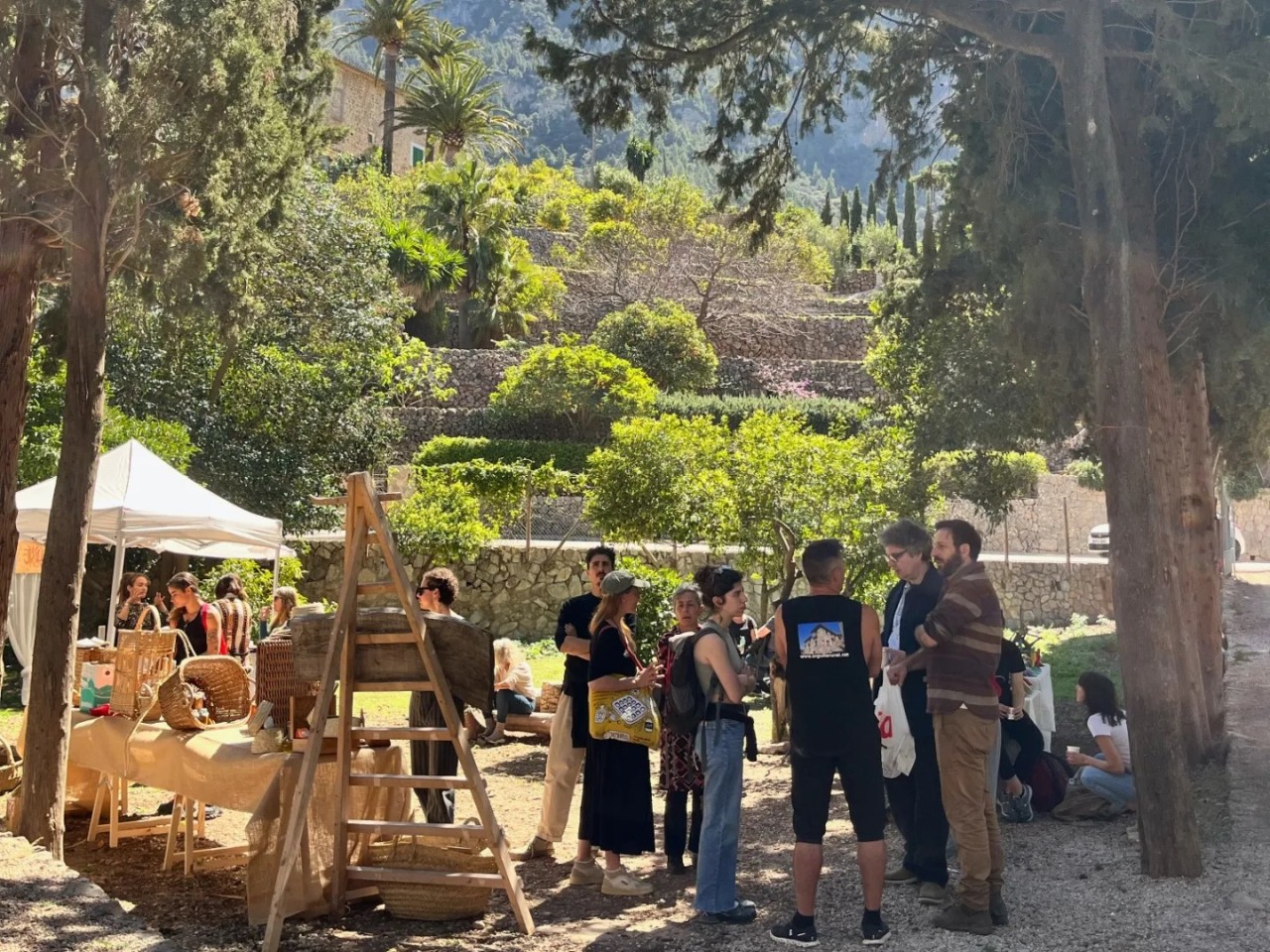Transformative Territories
Performing Transition Through the Arts
Transformative Territories is a new European cooperation program led by COAL with five European partners focusing on Transformative Artistic Practices. IHEPAT has been involved in this project since its inception. Together with the Centre des Politiques de la Terre and the Institut Michel Serres, it leads and coordinates the Scientific and Artistic Council.
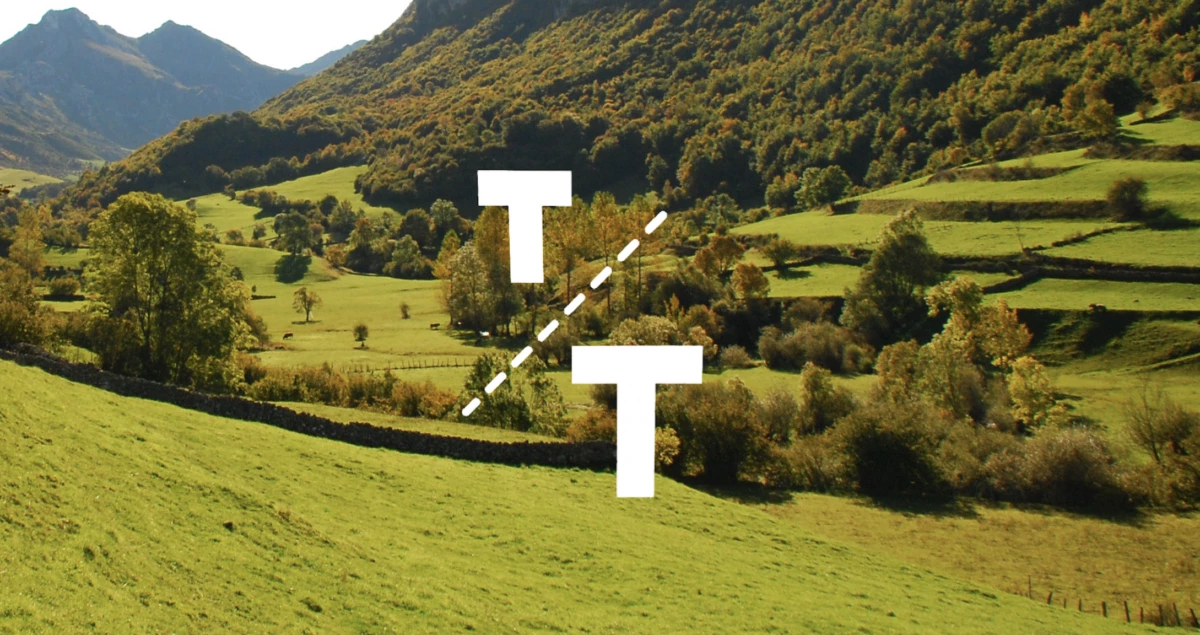
From 2024 to 2026, with five European partners, the Transformatives Territories: performing transition through the arts program will explore the role of the arts and transformative artistic practices on a territorial scale.
The six cultural players involved in the Transformatives Territories cooperation program have been working for a long time to forge an alliance between art and sustainability. They have set themselves the goal of contributing to the development of a culture of sustainability, to bring about and embody other artistic, scientific and political narratives of ecological transformation and solidarity in our societies. Five of them have set up atypical, non-institutional cultural venues, veritable open-air laboratories where concrete, realistic "ecotopias" can be experimented with. They are characterized in particular by their rural or agricultural location, which favors a connection with the realities of the local territory, daily life, biological diversity and natural cycles.
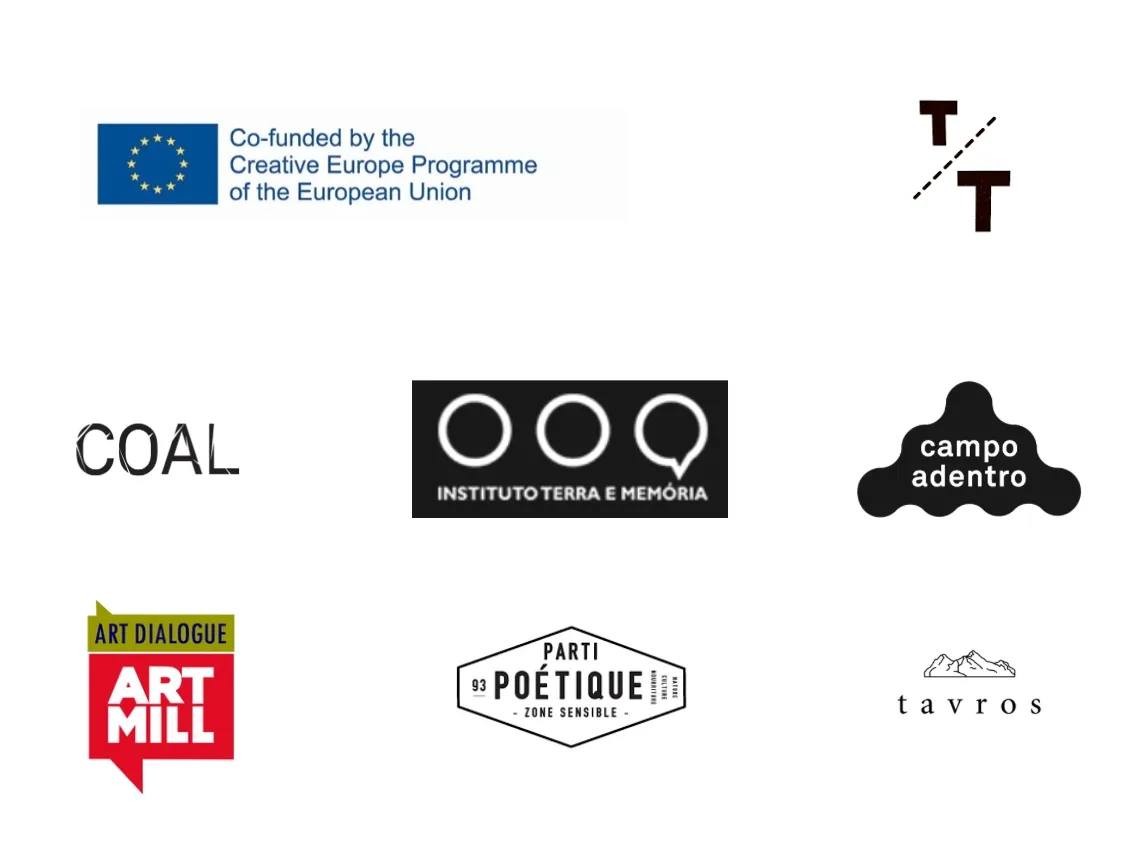
INLAND-CampoAdentro (Spain) is a project linking art and rurality, based in Madrid, Mallorca and the mountains of northern Spain, with a shepherds' school, a publishing house and other activities. It was initiated by artist and agroecologist Fernando Garcia Dory in 2009. The artist Olivier Darné, with Zone Sensible, has created a permaculture farm in Saint Denis on the outskirts of Paris (France) to reenchant the disfigured landscapes of the suburbs and reveal their riches. In Bohemia (Czech Republic), American artist Barbara Benish has created the ArtMill farm, on the site of the former Červený Mlýn mill. A place dedicated to sustainable, situated and non-hierarchical artistic experimentation where local and international scales intersect. Since 2019, Locus Athens has created Tavros, a venue named after the district of Athens (Greece) where it is located and in reference to its Turkish migratory history, defending an operational art for ecology, democracy and equality. Instituto Terra Memoria, for its part, is sure to unite the village of Maçao (Portugal) and its many intercontinental partners around the social, environmental and cultural challenges of ecological transition through archaeology and memory. COAL, the program coordinator, has been supporting the emergence of a new culture of ecology and life through emblematic actions since 2008.
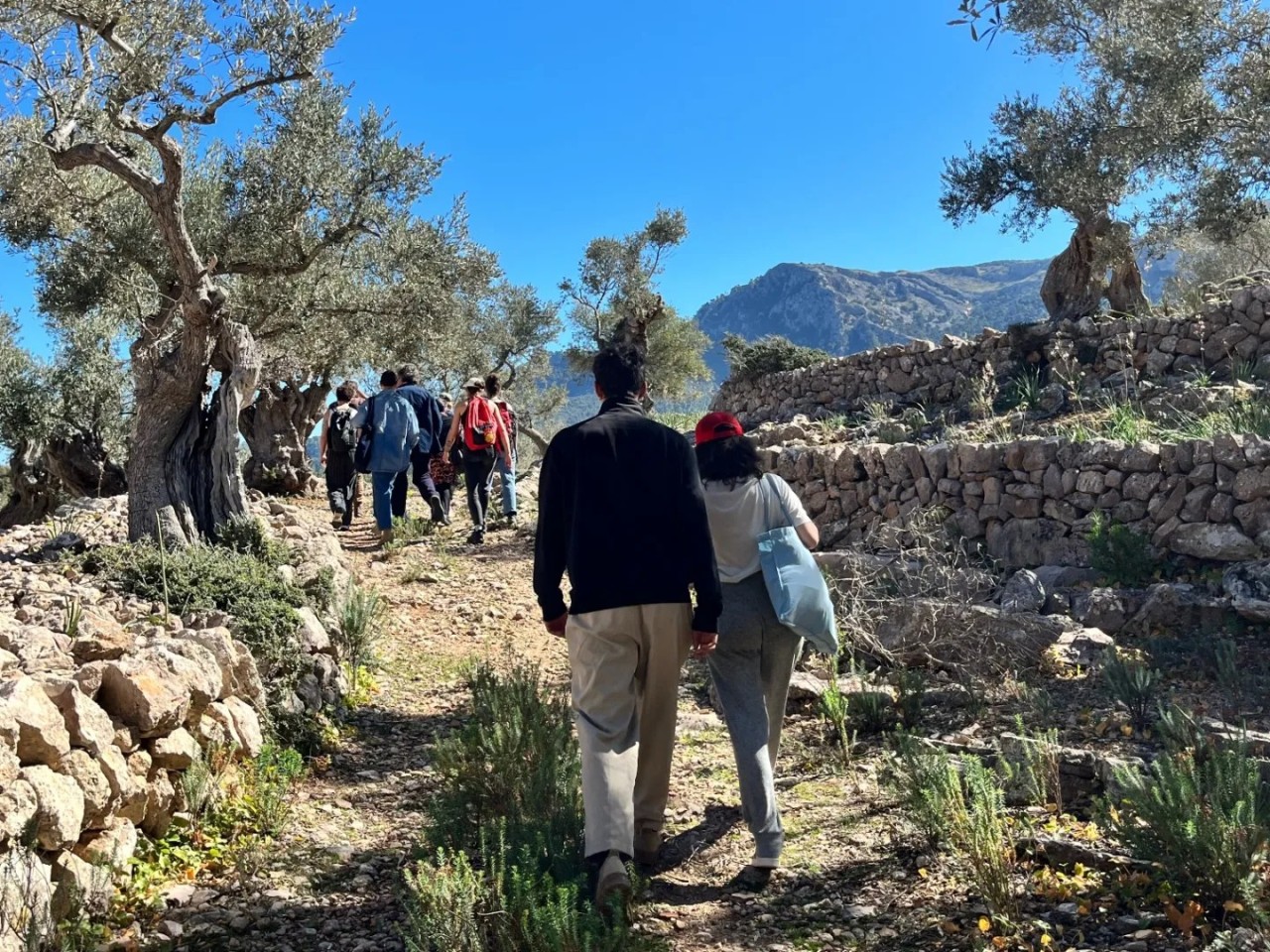
These six partners are exploring and experimenting with collective processes to make peace with the Earth, through their atypical and pioneering cultural venues and practices. New places of learning and transmission on a territorial scale, they contribute every day to inventing new resilient and inclusive cultural models. In particular, they are laboratories for experimenting and learning what we call Transformative Artistic Practices.
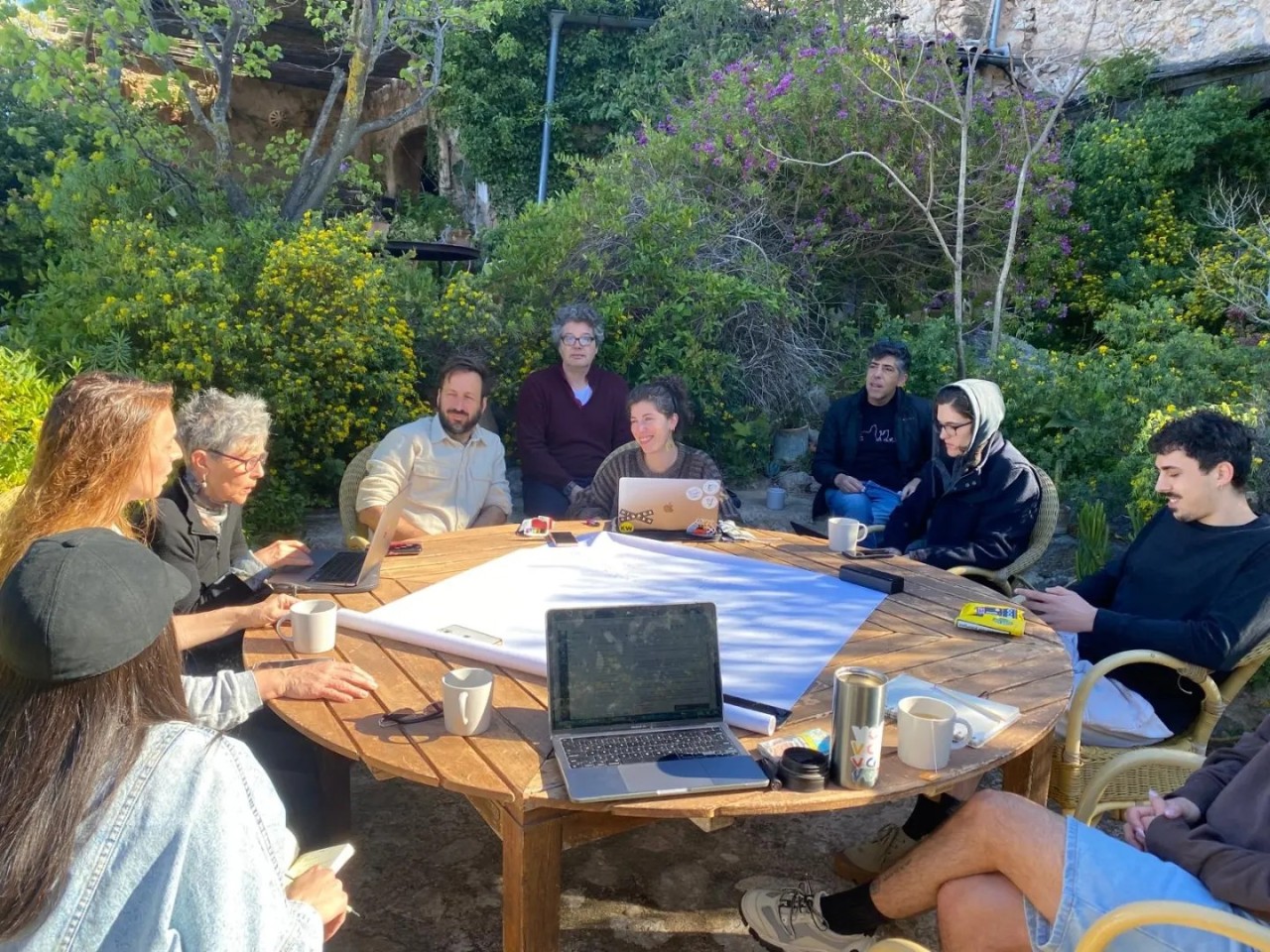
Driven by a new generation of artists, these artistic practices, born of collective, participatory and transdisciplinary processes, vary registers, modes of attention and ways of involving other entities to reconfigure ways of inhabiting the Earth. They constitute genuine culture-based Solutions for the ecological transition of territories. Through transnational research-creation projects, collective events, the support of a scientific committee, the creation of methodological tools and their dissemination, TT aims to promote the innovation laboratories that these sites represent, and the potential of their practices.
The objectives are to strengthen the circulation of artists, works and methodologies in this emerging field of Transformative Artistic Practices; to reinforce the capacities of these sites and the artists they support, through the development of innovative pedagogies and the structuring of an extended network; to establish a genuine platform for exchange and mutual support between these organizations; to disseminate their specific know-how and potential to the entire cultural sector and, more broadly, to other sectors of the ecological transition in the service of a sustainable transformation of territories and our ways of living.
